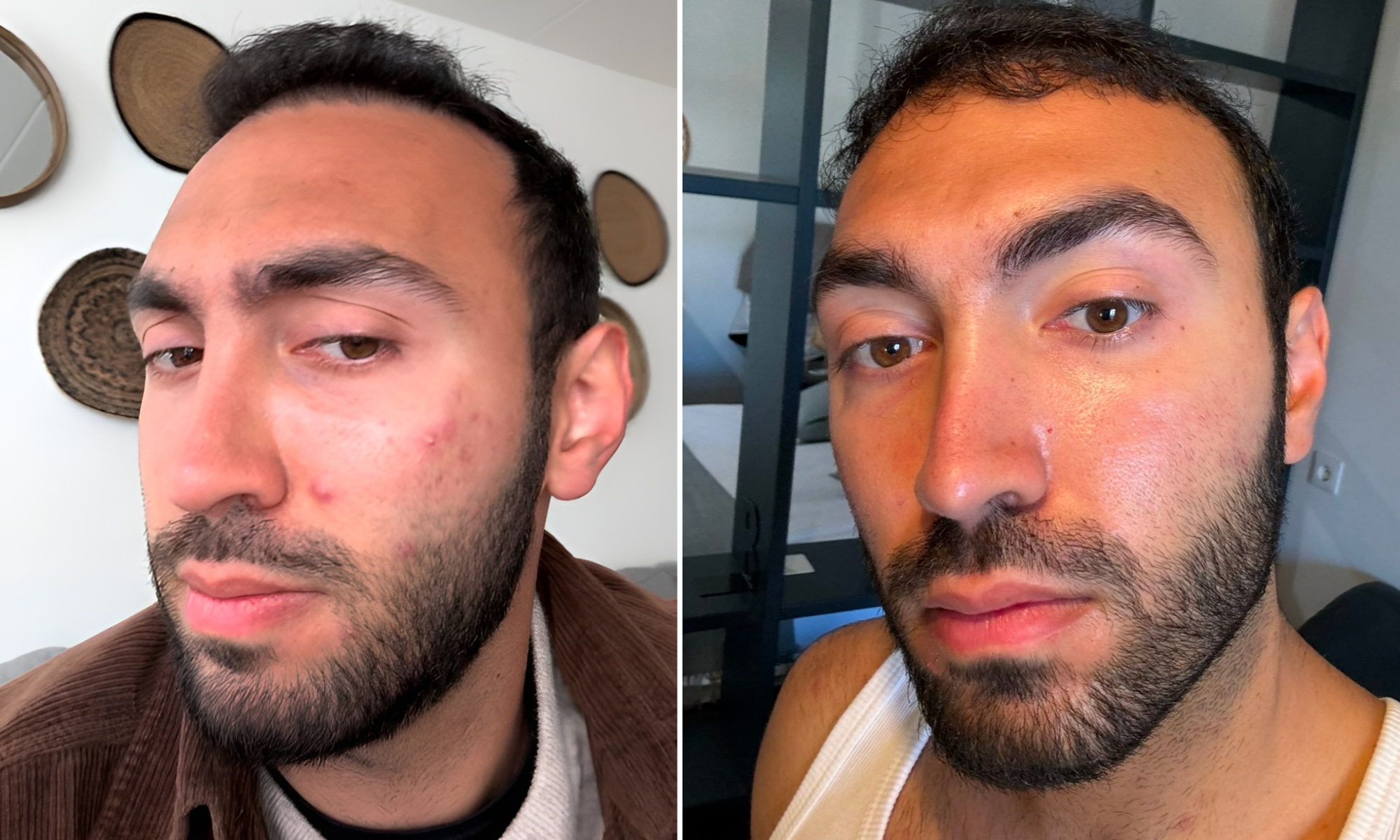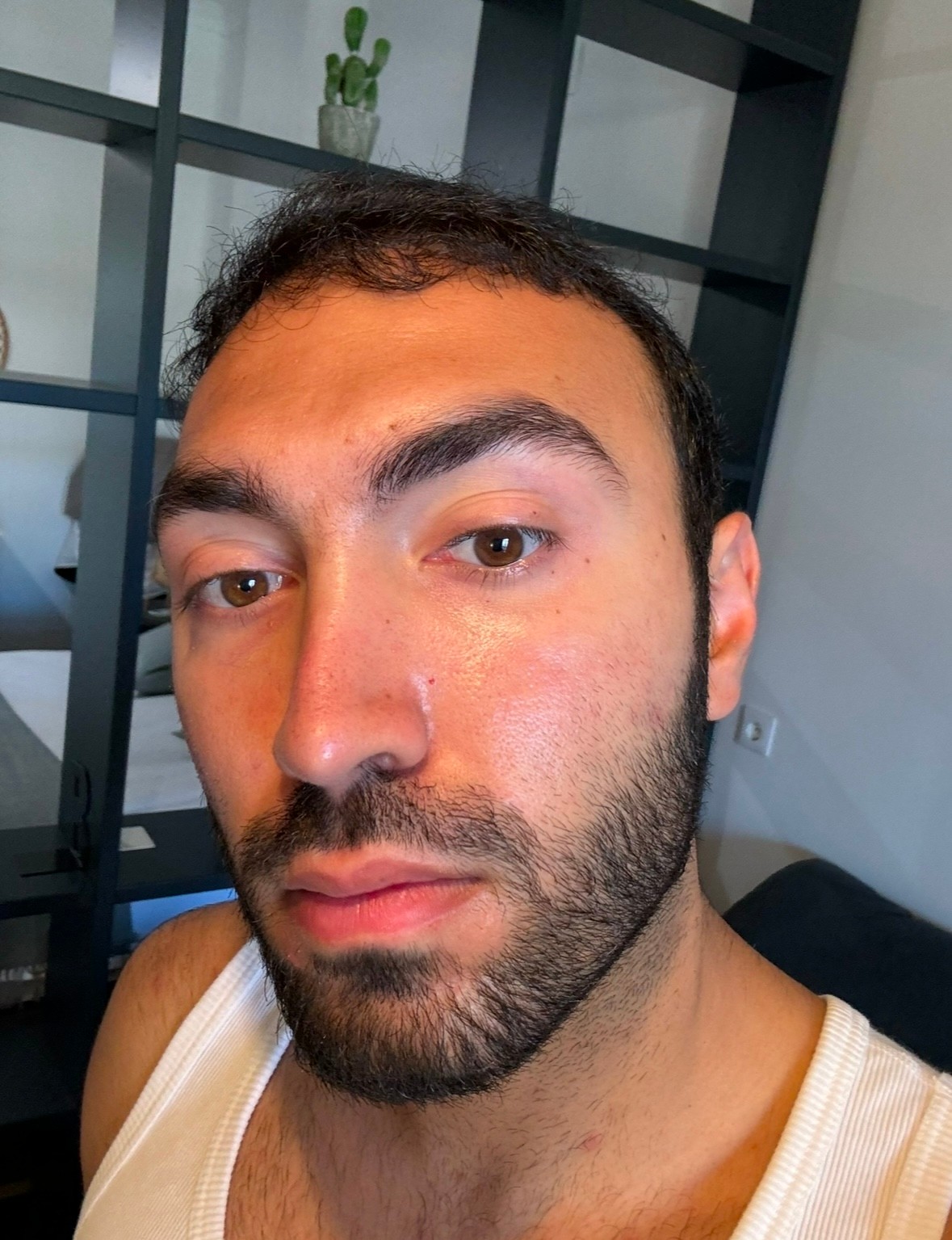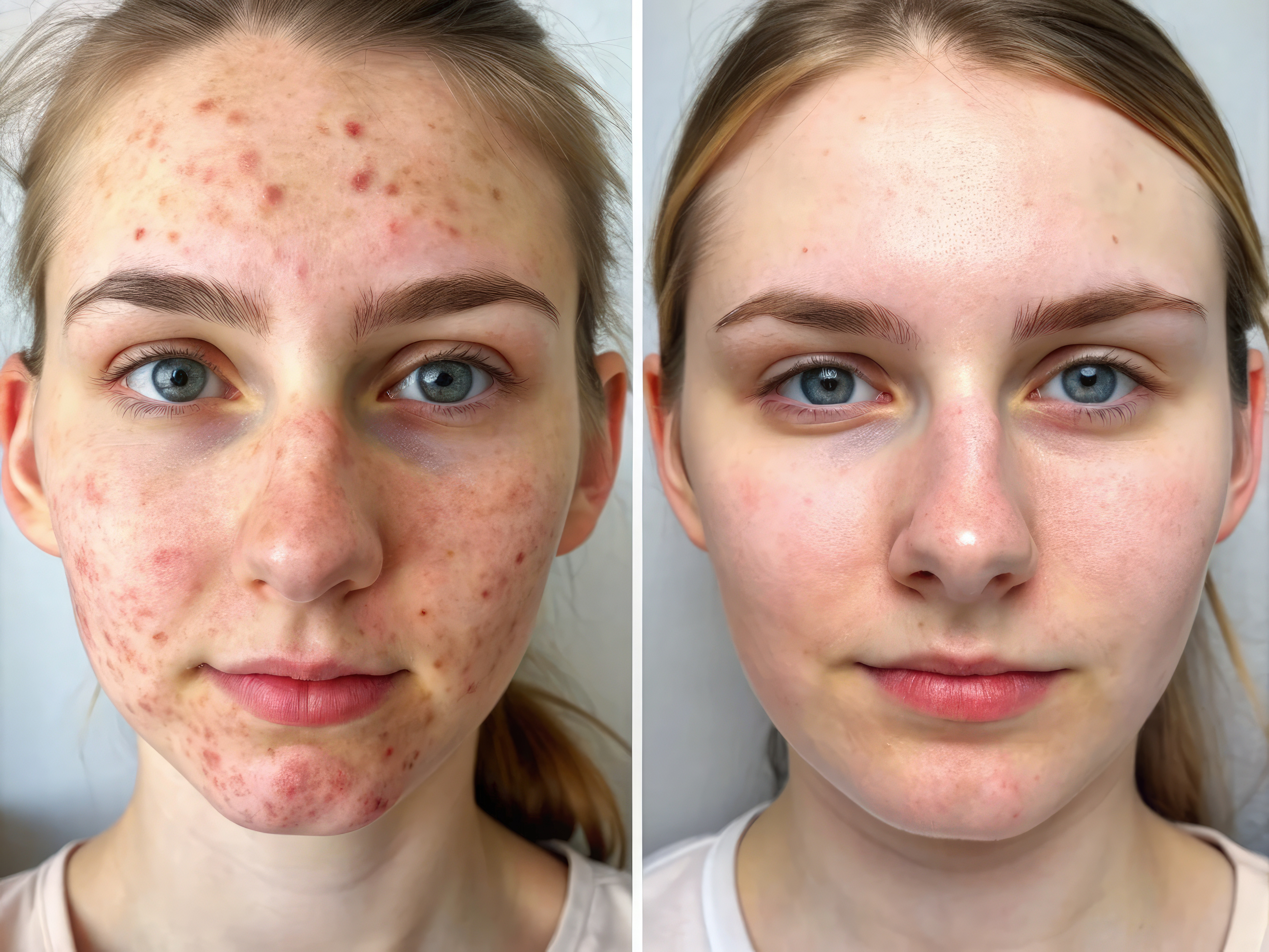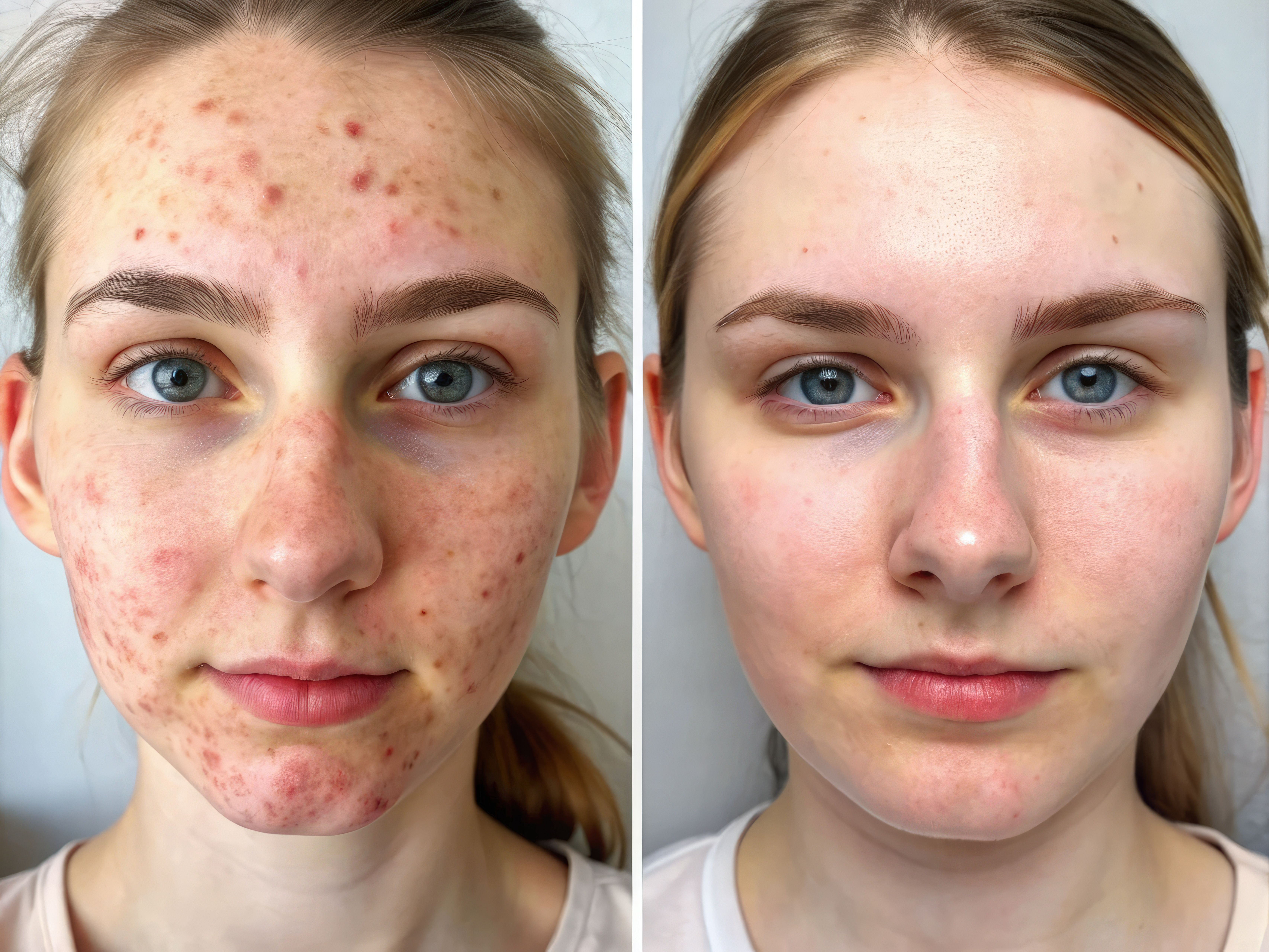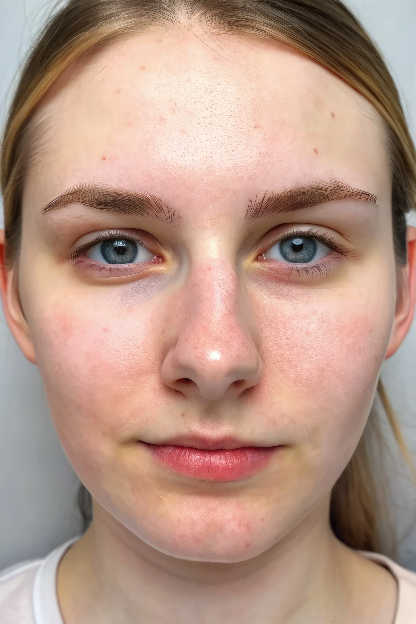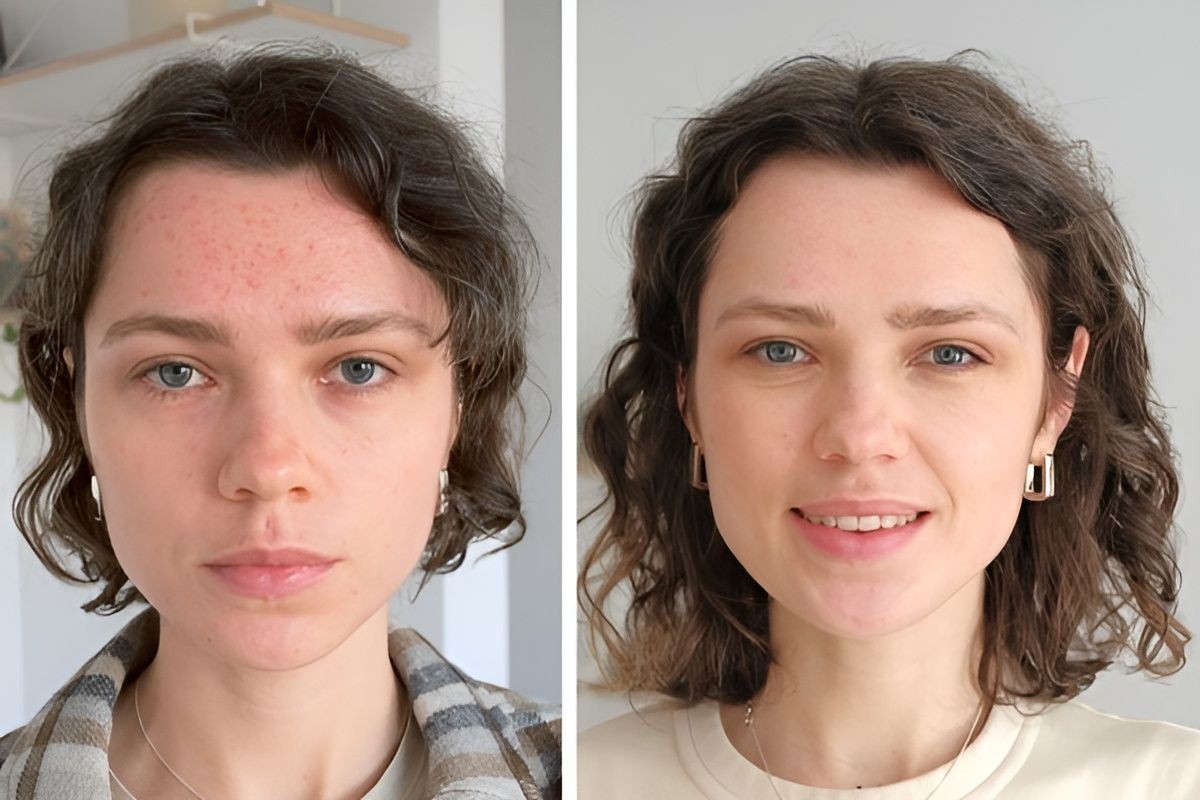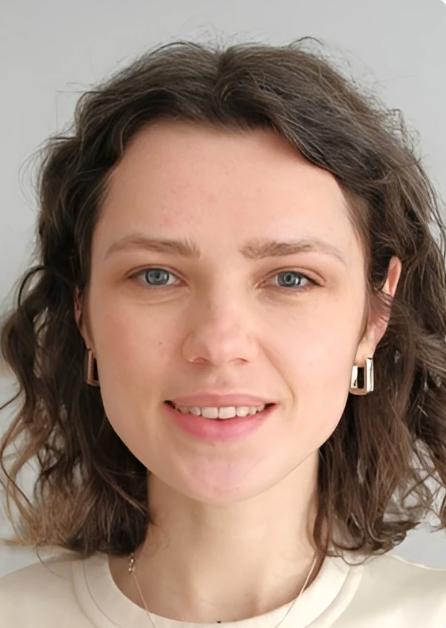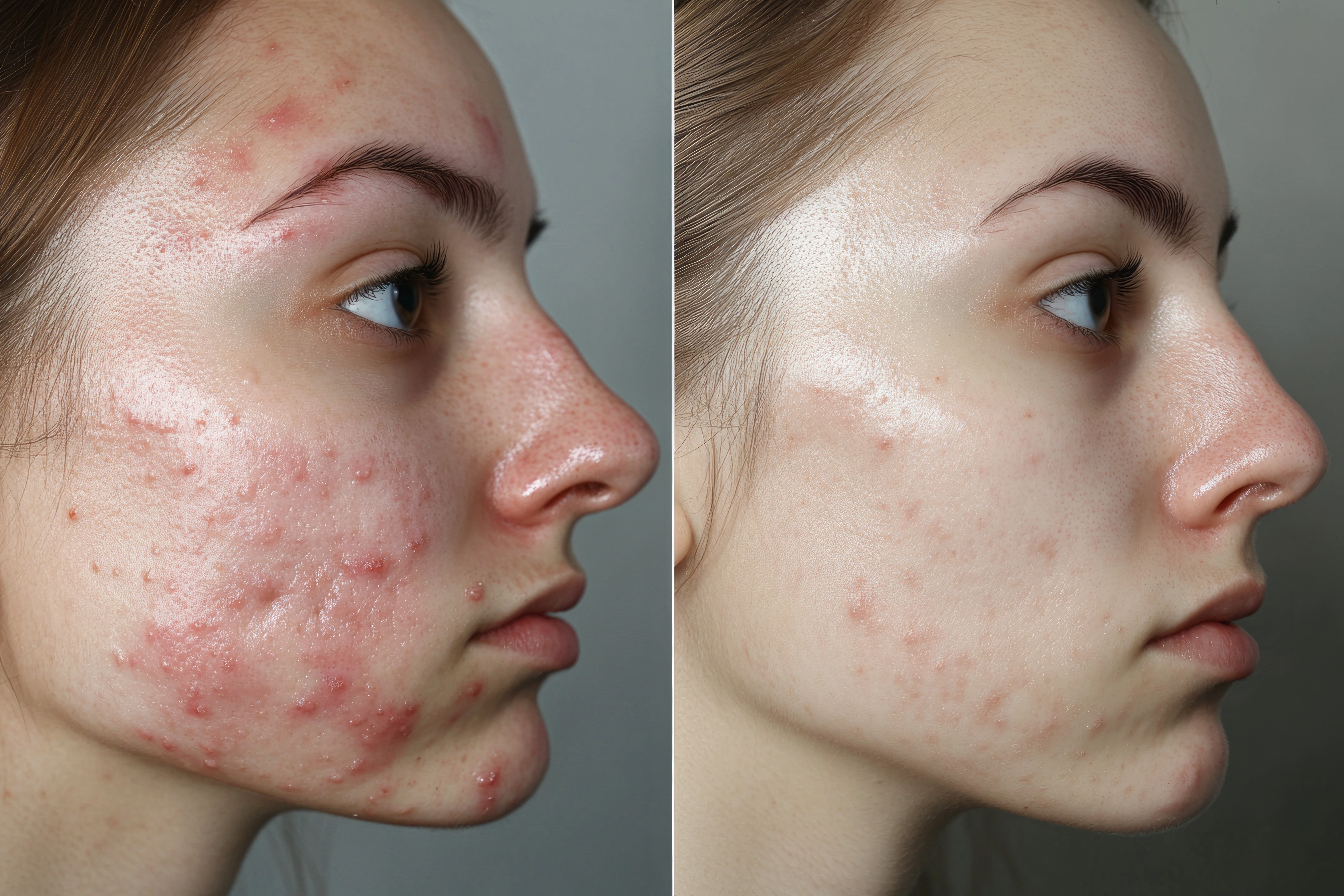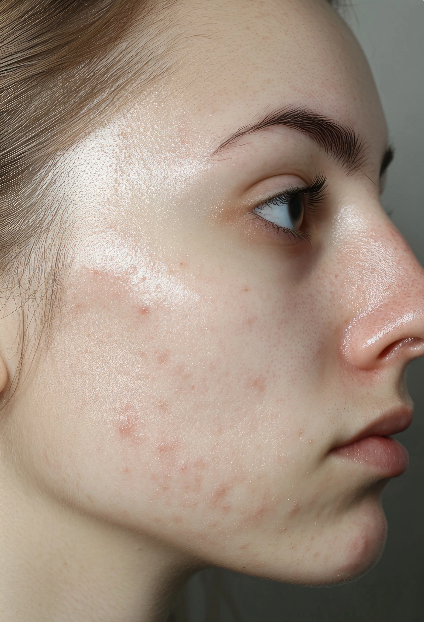Period Acne

Hormonal acne can be a real struggle, especially during your menstrual cycle. Fluctuations in hormone levels can lead to breakouts that feel inevitable, but with the right approach, you can take control. The good news is, you’re not alone – over 50% of women experience hormonal acne at some point in their lives. Let’s explore some strategies to help you manage those untimely breakouts




